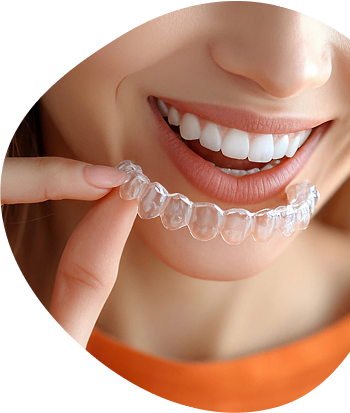There’s no best way to fight cavities but with the help of fluoride.
Brushing and flossing your teeth daily is good for maintaining your oral health. Although it is extremely vital, treating your teeth with fluoride is just as important.
Fluoride serves a purpose other than being a common ingredient in oral care products such as toothpaste, mouthwash or supplements. It also has other benefits that ensure you get all the necessary protection to build stronger tooth enamel.
What is fluoride, and how is it used?
Fluoride is a natural mineral that can be found in water, plants, soil, and, of course, our teeth and bones. It is widely known as an essential component to fight the harmful bacteria on our teeth and gums. Furthermore, it strengthens the outer protective layer of each tooth, or the enamel, protecting the small pores in your teeth and preventing cavities from spreading.
Aside from fluoride being found in over-the-counter-product, it is also used to boost dental health in several countries. They infuse a small amount of fluoride into the water as part of the water fluoridation process.
If you are thinking of getting a fluoride treatment, here are some of its benefits to your teeth:
- Reinforce weakened tooth enamel
- Reduce the mineral loss in teeth
- Stop the growth of oral bacteria
- Prevent further damage caused by tooth decay
Is it safe to use?
Fluoride, given its benefits, is safe to use but with moderation. According to the American Dental Association, patients are recommended to visit a dentist to receive a fluoride treatment every 3, 6, or 12 months.
Although fluoride is safe, too much can cause dental fluorosis. Dental fluorosis typically occurs in children under the age of 8 who have yet to have permanent teeth. Consumption of too much more than the average fluoride need may cause visible white spots on the teeth’ enamel.
Fluoride plays a considerable role in the overall oral health of anyone. It prevents the build-up of harmful bacteria on the tooth’s enamel which causes cavities.
Here at Crossroads Family Dentistry, we are committed to educating patients on proper oral hygiene regimens to achieve stronger and whiter teeth.
For additional information on fluoride treatment or to schedule an appointment, contact us at (719) 596-3481 or visit our website.










.png)


